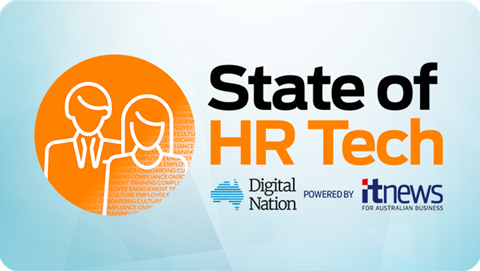Failure to adjust to new challenges facing organisations such as cyber security, climate risk, and digitalisation by directors is unacceptable says, Ken Boundy, non-executive director of a range of companies including listed exploration company, Australian Bauxite.
According to Boundy, a greater understanding of risk from a strategic perspective will allow for risk mitigation, increasing shareholder value and greater business opportunities.
“If directors aren't prepared to learn and get up to speed on [current] issues, they need to move on,” he said.
With an array of complex issues currently facing boards, Boundy asserts that a failure to understand and address them will lead to high levels of risk aversion.
“In a world where there's much greater complexity, it's the requirement of directors to have a much greater understanding of risk, not only from a compliance point of view, but also as an opportunity.”
“I think CEOs, chairs, corporate affairs managers need to be agile and timely in their communications in a way that reflects board decisions, but also in a way that listens to stakeholders which is really important.”
In addressing shareholder activism, Boundy believes its critical to separate personal values from what’s best for the company as a whole.
“There's no room for directors to be reacting negatively to shareholder activism,” he said.
“Some of the data prejudices and views held by many directors are often reinforced by some of the professional bodies that they belong to… informed directors have got a responsibility to be to be making sure that bodies reflect the positions that don't reinforce dated or inappropriately conservative positions. They need to lead rather than lag.”
While directors traditionally stem from legal, accounting and finance backgrounds, Boundy says that industry experience may not be reflective of the skills required in boardrooms.
“I’ve worked across 12 or 13 different sectors and the agendas are remarkable similar. I think having skills like critical thinking and questioning are at times more relevant than industry experience.”



_(20).jpg&h=140&w=231&c=1&s=0)
.png&h=140&w=231&c=1&s=0)
_(23).jpg&h=140&w=231&c=1&s=0)



_(26).jpg&w=100&c=1&s=0)

 iTnews Executive Retreat - Security Leaders Edition
iTnews Executive Retreat - Security Leaders Edition












_(1).jpg&h=140&w=231&c=1&s=0)



